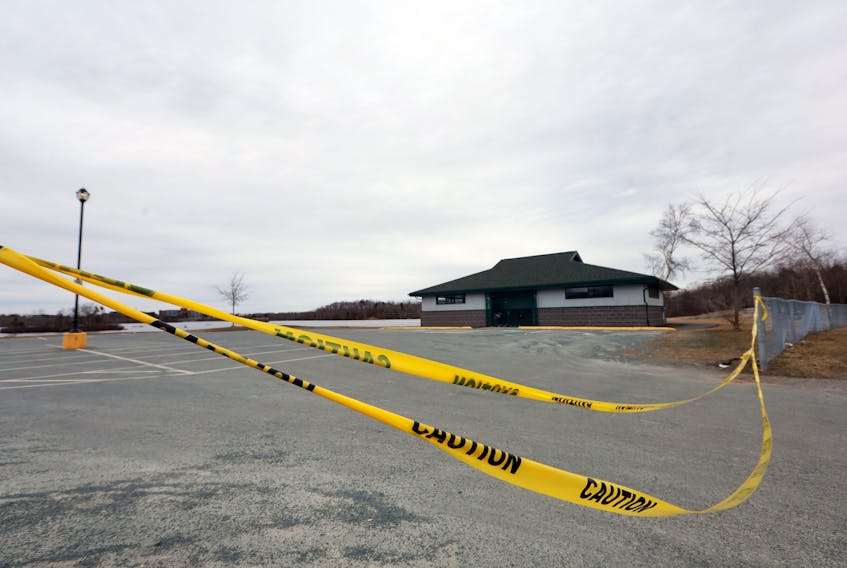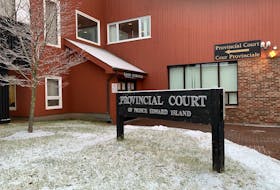Nova Scotians and New Brunswickers flocked to parks and beaches as provinces started to lockdown amid the coronavirus pandemic.
According to a recently released report of location data Google collected from its users, parks in New Brunswick saw an increase in visits by 101 per cent, while Nova Scotia saw an increase by 95 per cent from Feb. 16 to March 29 in comparison to a five-week period earlier this year.

The report defines parks as “places like national parks, public beaches, marinas, dog parks, plazas and public gardens.”
The statistics come at no surprise after cars jammed up on roads near beaches and parks in Nova Scotia a couple of weeks ago.
How Nova Scotians are Social Distancing. This is at #CrystalCrescentBeach #ScoialDistancing #NS #CanadaCovid19 #CovidNS #CoronavirusPandemic #Coronavirus #Halifax pic.twitter.com/ji7YRI1J5v
— DJ leeMix (@LeeARodgers) March 21, 2020
"We are dealing with a deadly virus and this behavior is unacceptable,” Nova Scotia Premier Stephen McNeil said at a news conference on March 22.
Directly after his remarks, McNeil declared a state of emergency, resulting in the closure of all provincial and municipal parks and beaches. Since then, fines of $697.50 have been given to people in Nova Scotia who have entered closed parks or beaches.

Premier Blaine Higgs heard of a similar tale in New Brunswick, recently saying reports of more than 100 vehicles parked at New River Beach near Saint John last weekend was “disappointing at the very least.”
New Brunswick also closed its provincial parks, beaches and other typical gathering places under its state of emergency declared on March 19, which has since been extended.
But not all Atlantic Canadians failed to follow directions.
Prince Edward Island and Newfoundland and Labrador parks were visited less, with a decrease in activity by 51 per cent and 18 per cent, respectively.

But overall, Atlantic Canadians are staying home as recommended by public health officials.
All four provinces saw a large drop off in people shopping, dining at restaurants, waiting for public transit at a bus station and working in the office.
Atlantic Canadians also frequented grocery stores and pharmacies less, as suggested, but Nova Scotia only saw a seven per cent decrease, while P.E.I., New Brunswick and Newfoundland and Labrador had a 19 per cent, 20 per cent and 38 per cent decrease, respectively.

Going with the trends observed for the 131 countries Google collected data from, Atlantic Canada saw an increase of people spending time at home.
Google said it published the report to “help you and public health officials understand responses to social distancing guidance related to COVID-19,” adding it shouldn’t be used for guidance on personal travel plans.









